Osteoarthritis commonly called arthritis is a very common condition in dogs. The degenerative joint disease (DJD) is the swelling and pain of joints. Arthritis in dogs is typically caused by the degeneration of cartilage in the joints that allows the full range of movement.
The cartilage works as a protective cushioning between the two bones in the joint. As this protective cushioning breaks down, it causes friction between the bones. The result is severe swelling, pain and restricted movement.
Arthritis in dogs can affect any body part. Although it commonly affects only the spine and limbs.
What causes arthritis in dogs?
The causes of arthritis in dogs are not one but many. Here are some factors that influence the risk of arthritis in dogs.
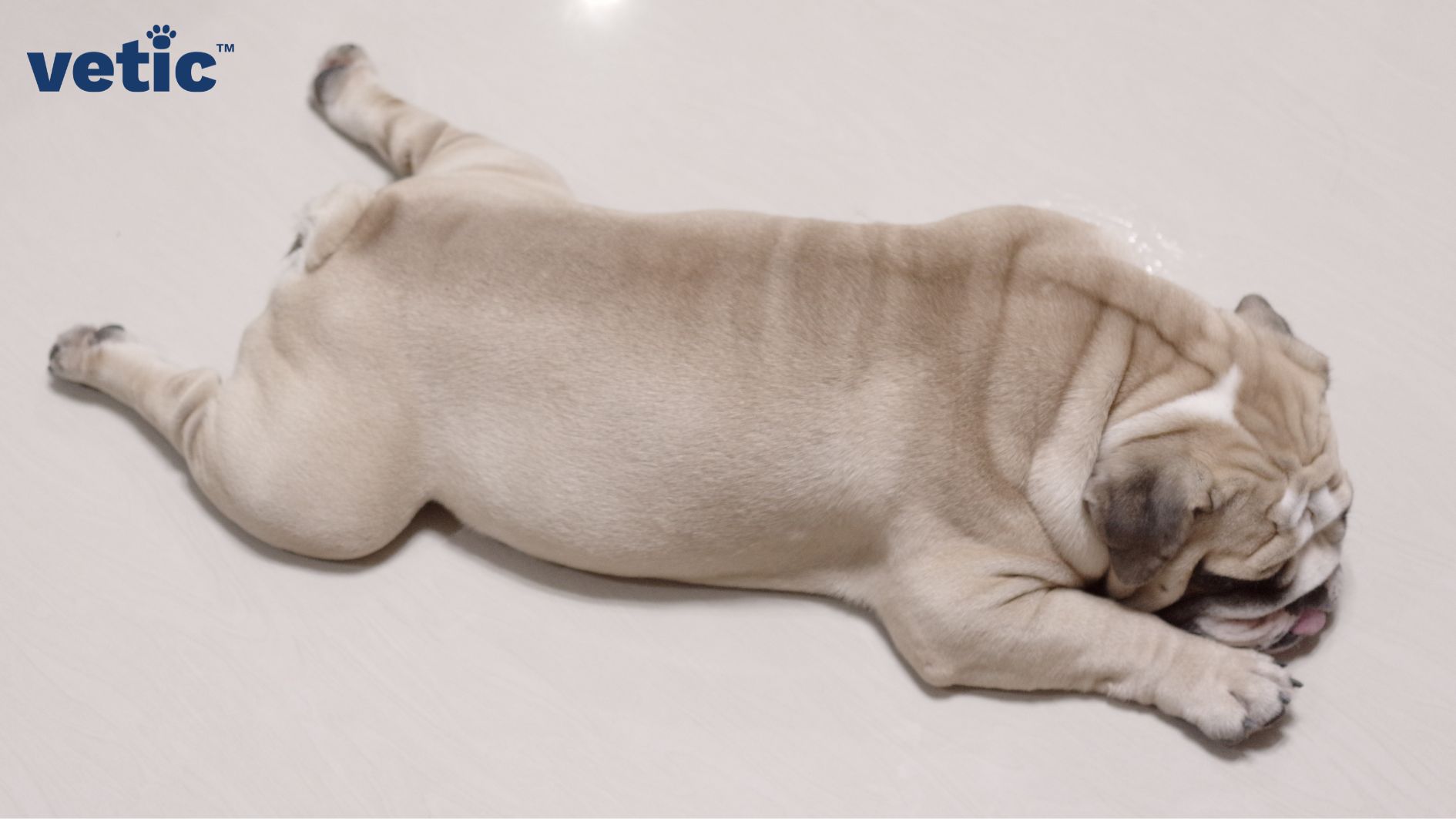
Breed
Large and medium-large dog breeds are more prone to arthritis than smaller breeds. German Shepherd, Bullmastiff, Saint Bernard, Labrador Retriever, Golden Retriever, Rottweiler, and Great Dane are some popular dog breeds found in India that are prone to arthritis.
Conformation
How does your dog sit? Does your dog splay their legs out behind their back while laying flat on the ground? Do you have a slant-back German Shepherd whose elbow angles are not as per breed standards?
These are some factors that continue to increase their chances of developing osteoarthritis in the long run. Speak to a veterinarian to assess your dog’s joint health at a young age to prevent or at least delay the onset of DJD (arthritis).
Genetics
Genetics influences a dog’s chances of developing arthritis the most. Genetic factors contribute to joint development and health of every dog breed. Multiple genes govern the joint health of a dog and their predisposition towards joint disorders.
If the parents of a pup have symptoms of arthritis, there’s a good chance the pup will also develop DJD (arthritis) in their adult or senior years.
However, proper exercise, supplements and regular checkup can help your dog live pain-free for their entire life.
Body weight
Obese dogs are more prone to arthritis and other joint problems. Obesity increases the risk of developing arthritis by 4 times in any dog irrespective of their breed, conformation and sex.
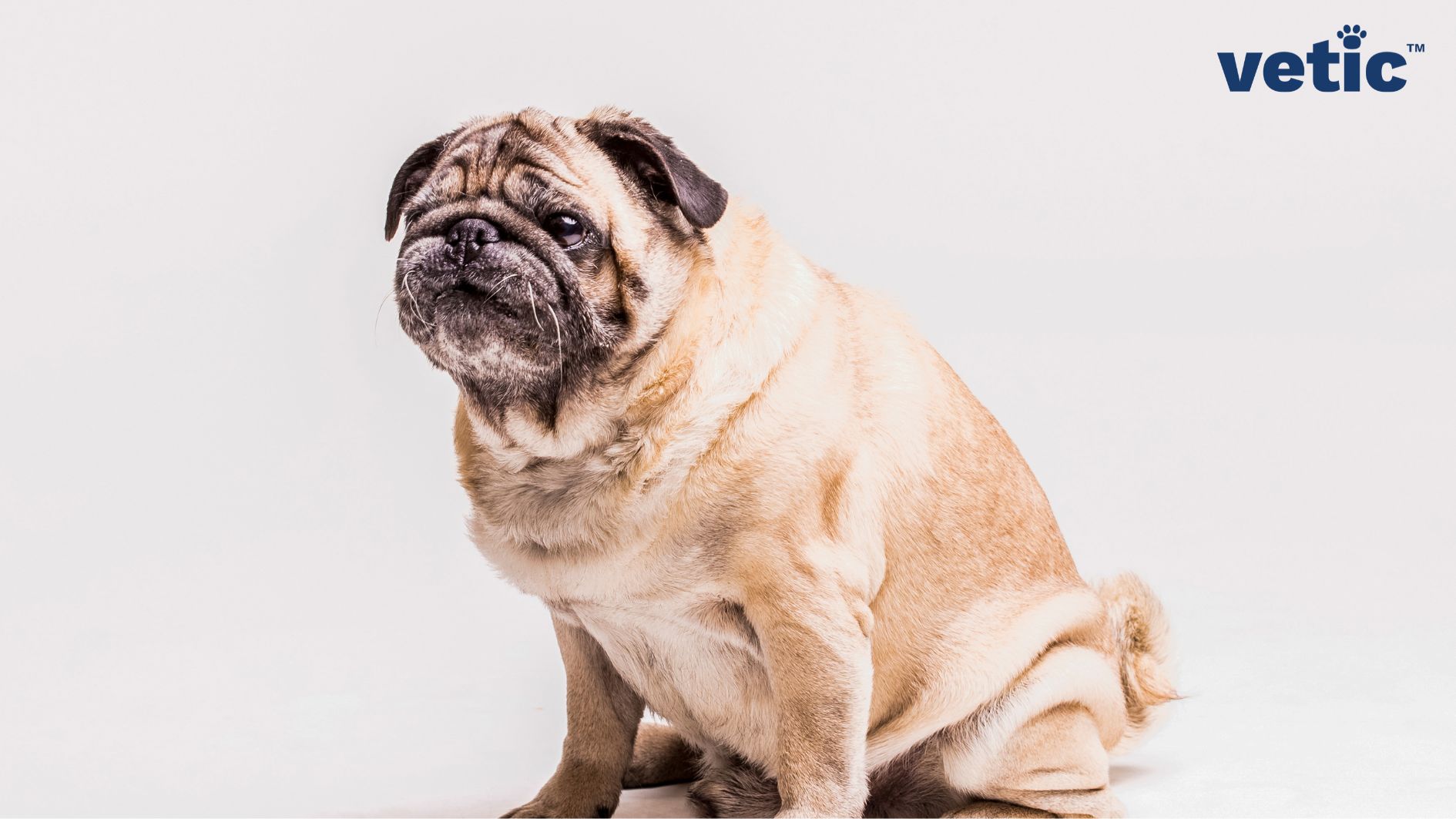
There is rarely any connection between a dog’s diet and the development of arthritis as long as their daily diet fulfils all their nutritional needs. Your dog’s diet should have enough omega-3 fatty acids, calcium, Vit D3, magnesium and phosphorus.
If your dog is a picky eater, speak to the veterinarian about adding vitamins and minerals that help in maintaining proper joint health in the long run.
Sex and neutering status
The relationship between sex and arthritis is not yet well established. However, neutered females are more likely to develop arthritis, probably because they tend to gain weight more rapidly than intact female and male dogs.
Arthritis is more common in neutered dogs as compared to intact dogs. Again, the rapid weight gain can be a contributing factor along with the shift in hormonal status. At the same time, neutering does increase the average lifespan of a dog. And older dogs tend to develop arthritis due to natural wear-and-tear of their joints.
It is preventable by giving your dog food designed for neutered individuals of that specific breed. Always stick to the quantity of food prescribed by the veterinarian.
Age
Younger dogs are rarely diagnosed with arthritis unless they have other coexisting factors, such as obesity, early neutering status, poor genetics and/or diabetes. One reason could be because younger dogs do not show the symptoms of arthritis as clearly as older dogs.
By the time they begin to show arthritis symptoms, the dogs are already adults or seniors.
Other factors
There are several other factors that contribute to the joint health and onset of arthritis in dogs. These factors can include –
- Over exercising or not exercising the dog at all.
- Not receiving proper nutrition as a pup when their bones were still developing.
- Infections that cause swelling and pain of the joints including Lyme disease.
- Old injuries such as ligament tears, dislocations or fractures.
Preventing Arthritis in Dogs: How to Improve Dog Joint Health?
Do not wait for your dog to show any signs of discomfort or restricted movement. Arthritis can affect any dog at any age.
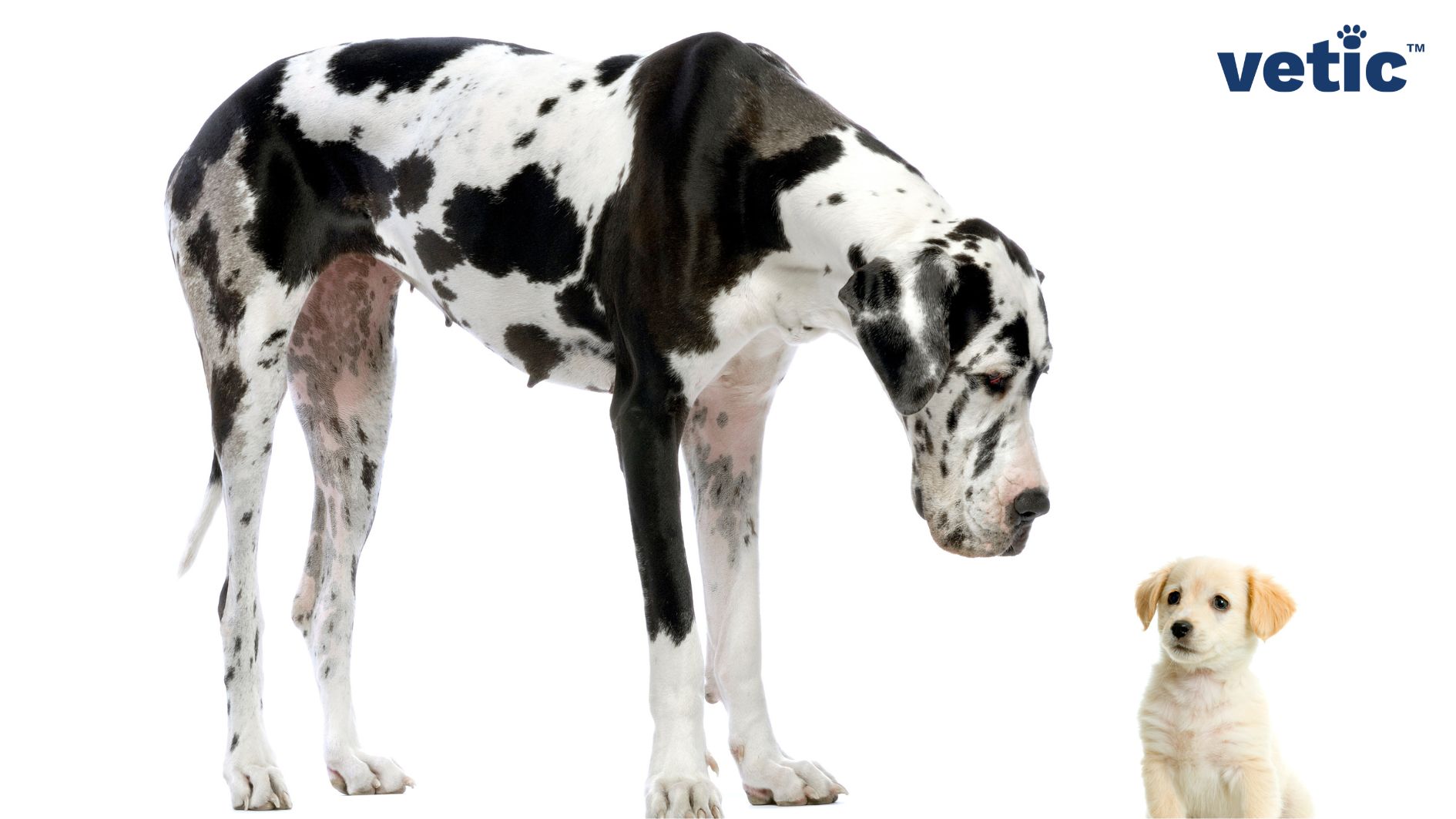
- Take your dog to the veterinarian near you for frequent check-ups and insist on joint health check-ups.
- If your pup has a higher than usual risk of developing arthritis your vet will likely recommend joint supplements and joint health (prescription) food.
- Give your dog plenty of exercise unless the doctor advises otherwise. Swimming is a great option for all dogs including the ones showing signs of arthritis.
- Make sure your dog runs on soft ground during exercise. Follow the exercise regimen given by your dog’s doctor.
- Exercise and diet control are both crucial for dogs of all ages, breeds, sex and neutering statuses since it will control their weight.
Following these 5 simple tips will help you keep your dog healthy and free from joint problems.
What are the symptoms of arthritis in dogs?
The signs of arthritis in dogs remain common across all breeds. Some dogs show almost all the 6 signs of arthritis, while others show only 2 or 3.
- The inability to stand up promptly from a sitting or lying position.
- Slowness or lethargy even during playtime.
- Limping during or after walks.
- Signs of pain, including yelping when you touch their joints.
- Changes in behaviour including irritability and grumpiness.
- High levels of fatigue or tiredness at all times.
If your dog is showing signs of arthritis, you need to take them to a pet clinic near you that has in-house imaging technology. The diagnosis of arthritis in dogs requires X-ray of the affected joints.
In all cases, the doctor will also recommend additional blood and biochemistry tests to determine the underlying cause(s) of arthritis.
Treatment for Arthritis in Dogs
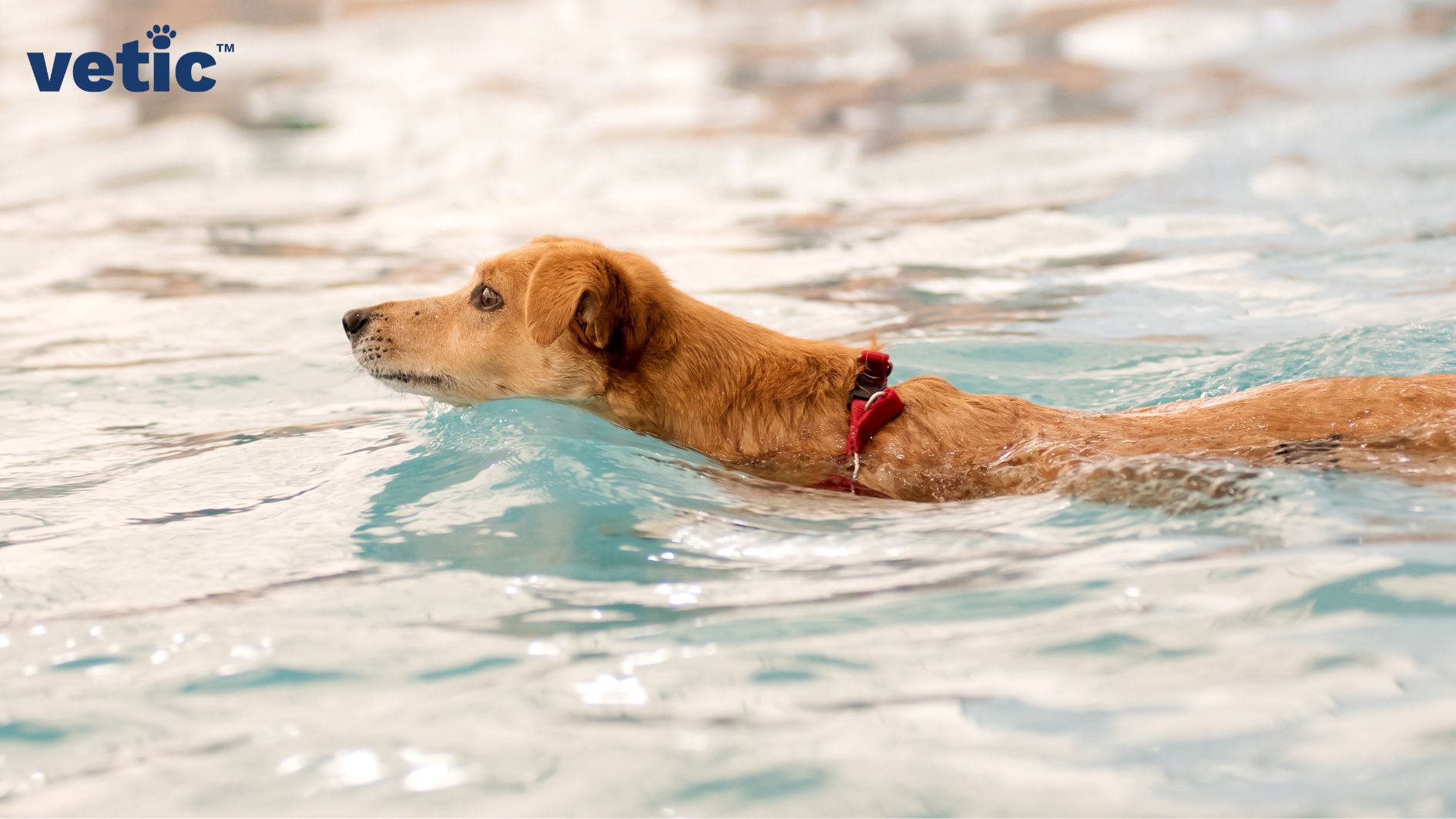
Sadly, arthritis is not curable in dogs (or even in humans). Although it is very common, it will progress without any treatment.
The treatment for arthritis includes pain management, improving joint health with joint supplements and restricting the further progress of the degeneration of the joint cartilage.
Follow the instructions of the veterinary specialist religiously. Do not make changes to the prescribed meds, supplements or diet. Be consistent with the medication and supplements, brand of dog food and exercises.
The main aim of arthritis treatment in dogs is to keep them comfortable and improve their quality of life. No arthritis treatment for dogs can cure the disease or restore their mobility overnight.
The rate of improvement will also depend on the other health factors of your dog and their age. Many cases require at least one month of exercising, supplements, medication and proper diet to show minor improvements.
How to Help a Dog with Arthritis?
Here are six ways you can keep your arthritic dog more comfortable –
- Get them a good quality dog bed. If they have the habit of sleeping on your bed, get yourself an orthopaedic mattress.
- Always keep your dog dry and cool. Humidity, severe heat or cold will cause your dog more pain.
- Trim your dog’s nails on time. Grooming a dog with arthritis isn’t easy. However, you can book professional dog grooming services who can help you with your dog’s nails, ears and anal gland cleaning.
- Keep their water and food bowls raised. You can buy breed-specific bowl holders and stands that will prevent your dog from bending their necks while eating.
- Marble and tiled floors are the worst for your dog’s joint health. Switch to using a carpet or floorings that offer a decent grip to your dog while they move about.
- Get them enough exercise. Do not play tug or frisbee with your dog. Your veterinarian will likely recommend light walks, joint/mobility exercises and swimming (hydrotherapy) for your pooch.
What will Happen to a Dog with Arthritis?
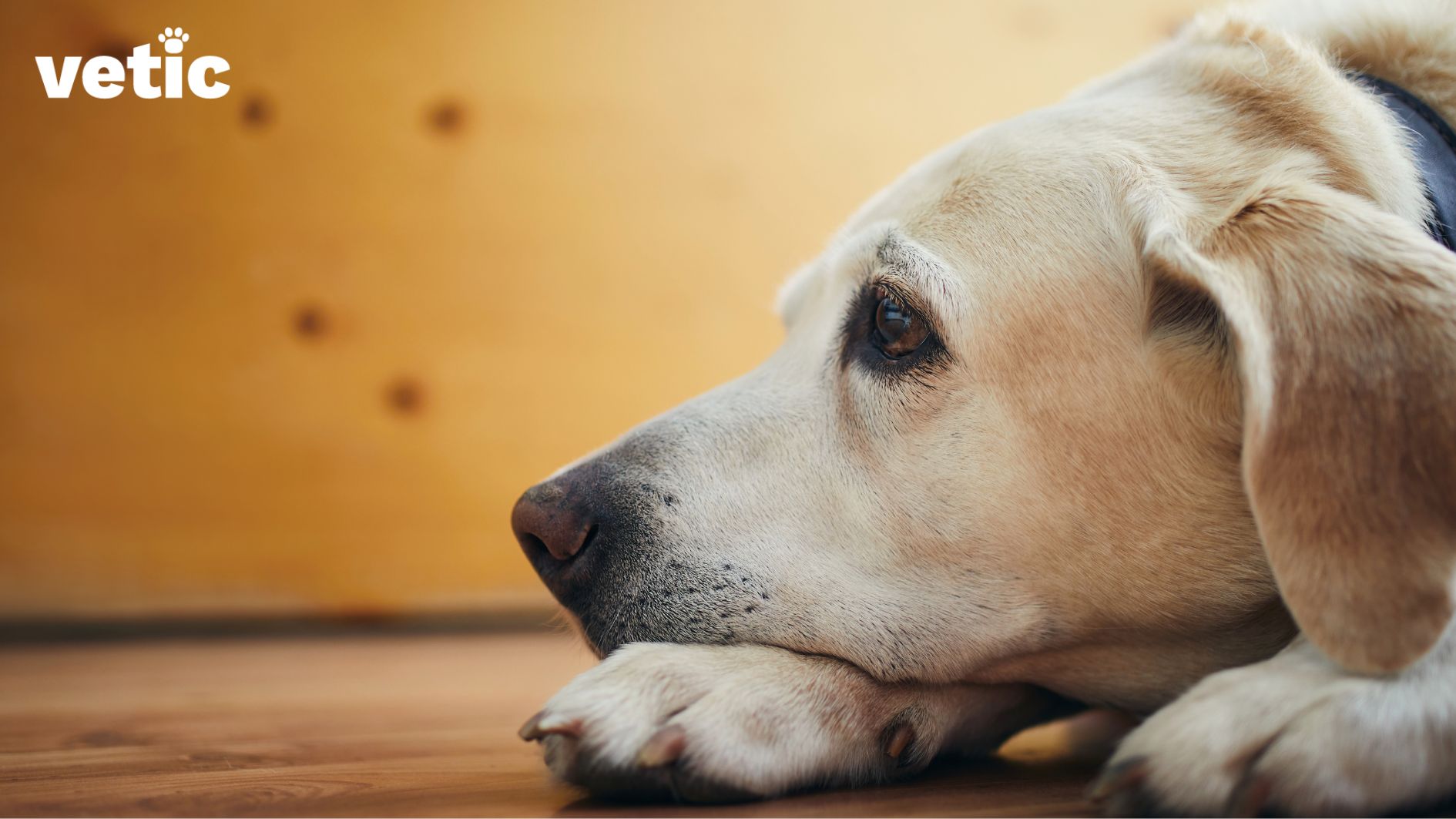
Arthritis is common in humans as well. Yet, we pull through with the help of mobility therapy, exercises and the occasional pain killer. The same is true for all dogs suffering from arthritis right now.
Just because your dog has been diagnosed with arthritis, doesn’t mean they will have to live the rest of their lives in pain with restricted range of motion.
Getting the right help at the right time makes all the difference. Visit a veterinary hospital near you with complete in-house diagnostics to put your worries to rest.
Speak with a veterinary specialist who can guide you through your dog’s diagnosis and treatment.
Arthritis may not be curable, but it’s completely preventable and it’s also manageable in all dog breeds.
